If you are already a cybersecurity professional or have researched the cybersecurity field as a newbie? Then you know how important it is to be certified in cybersecurity.
With a constant shift in the digital landscape, cyber security offers the ultimate growth potential. Meanwhile, growth in digital technology paved the way for various cybersecurity attacks. It ultimately demands for more cybersecurity professionals.
This alone is not a reason to pursue a career in cybersecurity. One of the top reasons will be a high shortage in the workforce.
Cybersecurity certifications can benefit both beginners as well as advanced professionals. It can allow individuals to showcase their skills and knowledge of this field. Jobs in cybersecurity rarely need certification, but earning these credentials can assist professionals to advance their careers in cybersecurity and earn more salaries.
However, with so many certifications available, it can be challenging to know which ones are best suited for beginners. In this article, we’ll explore the top cybersecurity certifications for beginners and provide insights into what each certification covers and how it can help kickstart your career in cybersecurity.
Top Cybersecurity certification for beginners
Every firm must have a tough cybersecurity team to guard against the attacks. Each breach alters and arises and creates a constant requirement for cybersecurity professionals to continue learning and stay up to date with new technologies.
According to the 2022 Official Cybercrime Report released by Cybersecurity Ventures, global cybersecurity can spend a total of $1.75 trillion in between 2021 and 2025. And thus it stand proves that there are many job offers will be available for the cybersecurity certified candidates and it is best to start a career in the cybersecurity.
Also Read: Future of Cybersecurity and importance of SC-100
Here are some top Cybersecurity certifications that are meant for beginners:
1.Microsoft Certified: Security, Compliance, and Identity Fundamentals
It may be called as most entry-level cyber security certifications for beginners. The Microsoft Certified: Security, Compliance, and Identity Fundamentals certification could be a great choice for you if you’d like to:
- Can be able to showcase their knowledge of Microsoft Security, compliance, and identity (SCI) solutions
- Must have clear understanding on how Microsoft SCI solutions offer integrated and end-to-end cybersecurity capabilities.
2.CompTIA Security+
It is also entry level certification and it can be taken by an individual who prefers to enter into IT security.
By taking CompTIA certification, one can get acknowledged on security concepts and this might be found as a stepping stone to pursue professional career and some other advanced certification.
A good understanding of information security can be obtained by just getting into basic principles and concepts of IT security. It includes six domains and you need to be thorough in it before appearing for the main exam.
Investing money and time on this certification can be worth it as it can make the candidate land a very good job. Moreover, the pay for those candidates will be high. So, if you are seeking for entry-level certification, then CompTIA+ will be your next destination.
3. Cisco Certified Network Associate Security(CCNA)
The CCNA certification is officially issued by Cisco. If you want to start a career in cybersecurity, then this certification can be preferred.
While CCNA Security covers many fundamental concepts, technologies, and practices related to network security, it is not necessarily the best certification for absolute beginners.
It is recommended that individuals pursuing CCNA Security have some prior experience or knowledge in networking, security, and related technologies. Cisco also recommends that candidates have at least one year of experience in implementing and administering Cisco networking devices before attempting the CCNA Security certification.
However, if you are new to the field, you can start with the Cisco Certified Network Associate (CCNA) certification, which covers networking fundamentals and provides a solid foundation for pursuing other Cisco certifications, including CCNA Security.
Alternatively, Cisco offers the Cisco Certified Entry Networking Technician (CCENT) certification, which covers basic networking concepts and provides a starting point for those new to networking.
4. Certified Ethical Hacker
The Certified Ethical Hacker (CEH) certification does require a minimum of two years of experience to take the exam, it is still accessible for those in the early stages of their career. Even if you don’t meet the experience requirement, you can still prepare for the exam by taking a training class. The CEH certification is focused on teaching individuals the skills and techniques of a hacker, with the goal of better understanding how to protect company systems from cyber attacks. This vendor-neutral certification is applicable to a wide range of cybersecurity situations, making it a valuable certification for those looking to specialize in cybersecurity.
It is still recommended that you have knowledge of enterprise networking.
5. Certified Information Systems Security Professional
CISSP (Certified Information Systems Security Professional) is not typically considered an entry-level certification, as it requires a minimum of five years of experience in the field of information security.
However, it is a highly respected and globally recognized certification that covers a broad range of security topics, including security and risk management, asset security, security engineering, communications and security, identity and access management(IAM), security assessment and testing, and security based operations.
If you are interested in pursuing the CISSP certification, it is recommended that you first gain experience in the field of cybersecurity and develop a solid understanding of the concepts and techniques covered in the exam. It may also be helpful to earn other entry-level certifications, such as CompTIA Security+ or Certified Information Systems Auditor (CISA), to build your knowledge and skills.
Once you meet the experience requirements, you can prepare for the CISSP exam through self-study, training courses, or study groups. The exam covers a wide range of topics, so it is important to thoroughly review the exam objectives and practice with sample questions and mock exams. Passing the CISSP exam requires a deep understanding of security concepts and principles, as well as the ability to apply them in real-world scenarios.
6. Certified Information Security Manager (CISM)
The CISM certification, which is awarded by ISACA, focuses on developing management skills in the field of information security rather than technical skills. In addition to security management skills, the exam covers assurance and risk management, which are important aspects of the field.
CISM is a valuable certification for IT professionals who hold enterprise-level security management roles, as it provides them with the knowledge and skills necessary to effectively manage, develop, and oversee security systems. By getting this certification, individuals can be able to familiar with the organizational best practices for conserving information security within their own environments.
This certification is a critical resource for every IT professional who has the role of enterprise-level security management. This exam will help them on how to manage, develop, and oversee security systems and also develop organizational best practices within their own environment.
7. Certified Information Systems Auditor (CISA)
ISACA awards the Certified Information Systems Auditor (CISA) certification, which is designed to validate the skills necessary for auditing and controlling information security systems in various business environments. This certification is recognized globally and can benefit IT professionals who wish to specialize in IT security audit and control.
The CISA certification covers a broad range of topics, including information system auditing, governance and management, information technology operations, information security and risk management, and software development and business continuity.
To prepare for the exam, it is recommended to have a solid understanding of the concepts and principles related to information systems auditing, control, and security.
It is not typically considered an entry-level certification, as it requires a minimum of five years of professional experience in the field of information systems auditing, control, or security.
Overall, the CISA certification suits for professionals who want to showcase their expertise in the information systems auditing, controlling, and security, and advancing their careers in the field.
8. Certified Cloud Security Professional (CCSP)
The CCSP certification, awarded by (ISC)2, has gained popularity and global recognition due to the increasing number of organizations migrating their assets to the cloud. With a shift from traditional on-premise security to cloud security, this certification has become highly sought after.
The CCSP exam focuses on information systems and IT professionals who need to apply security measures to their cloud infrastructure. If you work on cloud platforms regularly, this certification is a must-have. A standard cloud security architecture is necessary to secure all operations and services on the cloud infrastructure.
Cloud technologies are constantly evolving, and it’s essential to stay up-to-date with new trends in cloud security. Possessing the CCSP certification indicates to your employer that you have the necessary skills to manage and secure their cloud platforms, which is a significant advantage in the current job market.
FAQs
What certifications can be suggested to begin a career in cyber security?
Certifications like CompTIA Security+, CISSP, CEH, CISM, and CySA+ certifications are good starting points for individuals who want to begin a career in cybersecurity. Each certification has its own focus and level of difficulty, so it’s important to choose the one that aligns with your career goals and experience level.
What is the common cybersecurity certificate preferred by beginners?
The CompTIA Security+ is one of the most recognized entry-level security certifications. It covers a broad range of topics related to security and information assurance, such as network security, threats and vulnerabilities, identity management, and risk management.
Is CEH certification an entry-level?
CEH is not considered an entry-level certification, as it requires a minimum of two years of professional experience in the field of cybersecurity. While the certification covers a wide range of topics related to penetration testing and ethical hacking, it is designed for professionals who already have a foundational understanding of cybersecurity concepts and techniques. However, individuals who lack detailed security knowledge can still benefit from the CEH certification, as it provides in-depth training on penetration testing tools and techniques.
Benefits of Earning a Cybersecurity Certification
Getting cybersecurity certification can offer numerous benefits to both aspiring professionals and experienced ones. But everyone might think whether the benefits outweigh only based upon the experience. No, it completely weighed upon the geekiness in the cybersecurity career.
Let’s skim through some of the top benefits obtained by taking cybersecurity certifications.
High Job Opportunities
The cybersecurity-certified candidates can be able to expand their job opportunities. A graduate with a cybersecurity degree alone may qualify for entry-level roles in the field, but aspiring ones who have spent time in pursuing and earning certifications can be able to demonstrate advanced knowledge and dedication to the field.
Boost Promotion Potential
By earning some more pro credentials such as CISSP, CEH or CISA, one can be able to qualify for higher roles within their companies or can shift for other companies. And also they might get higher salaries.
Along with taking some positions with increased responsibilities, cybersecurity professionals can be able to apply for different roles at their current companies.
Changeover Careers or Companies
Aspiring individuals can take cybersecurity certifications without any job experience to join the ever-growing cybersecurity field.
They can use their current knowledge and experience to showcase their soft skills, which include the ability to work in a high-pressure environment.
One might think, is it possible to shift from one field to another after completing cybersecurity?. Yes, it can be. After earning the cybersecurity certifications, one who wants to switch their careers can begin their internship or apply for entry-level positions.
Summary
Hope this blog post provides tips on how to choose the right certification for your career goals and clearly outlines the benefits of getting cert in cybersecurity.
Being certified in cybersecurity can transform your career and increase your chances of getting more opportunities in the future. To become more familiar with the concepts of cybersecurity, Whizlabs provides training materials like practice tests and so on.
If you have any questions or queries, please feel free to comment us!
- How to make highly available websites with the usage of AWS Global Infrastructure? - May 18, 2023
- Top Cybersecurity Certifications for Beginners - May 8, 2023
- How to prepare for MS-700: Managing Microsoft Teams? - April 5, 2023
- Examining the future of cybersecurity and importance of SC-100 certification - March 27, 2023
- Preparation Guide on Certified Information System Security Professional(CISSP) Exam - February 17, 2023
- Preparation Guide on SC-900: Microsoft Security, Compliance, and Identity Fundamentals Exam - February 6, 2023
- What is Devsecops? - January 30, 2023
- Preparation Guide on CompTIA A+ 220-1102 (Core 2) - January 27, 2023

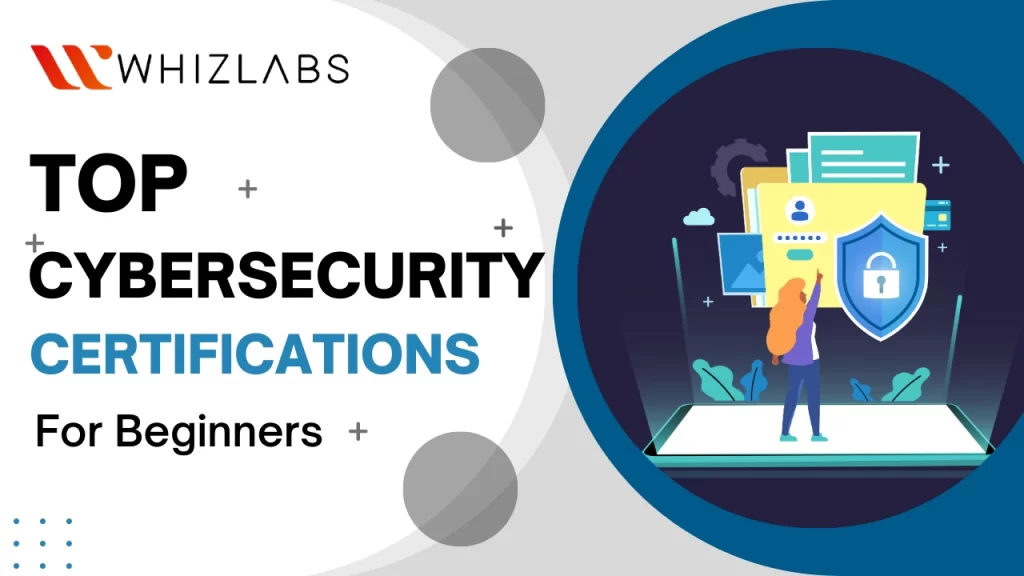
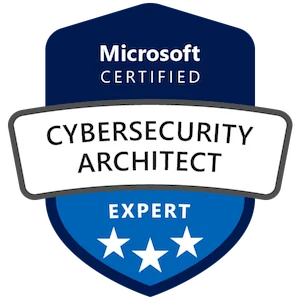
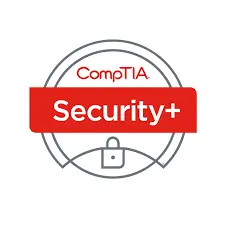
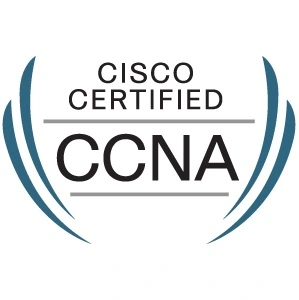
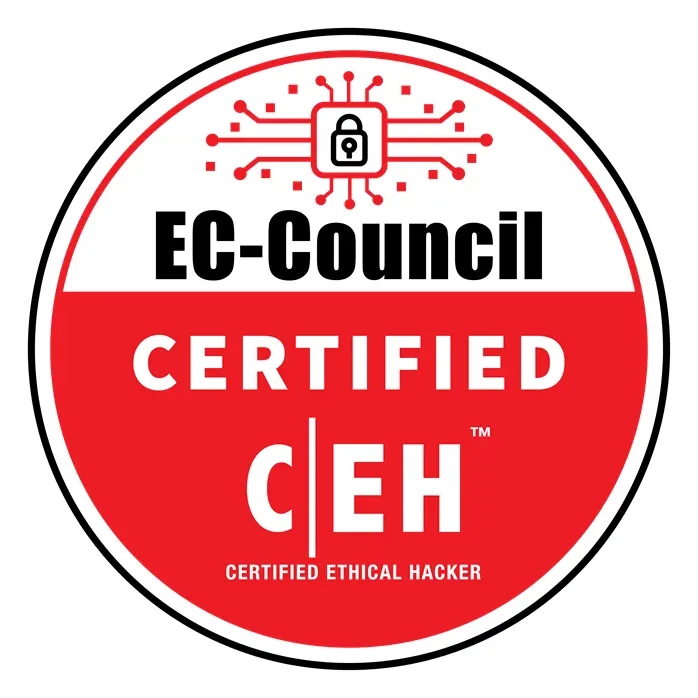
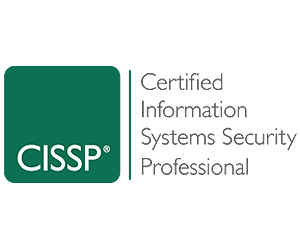
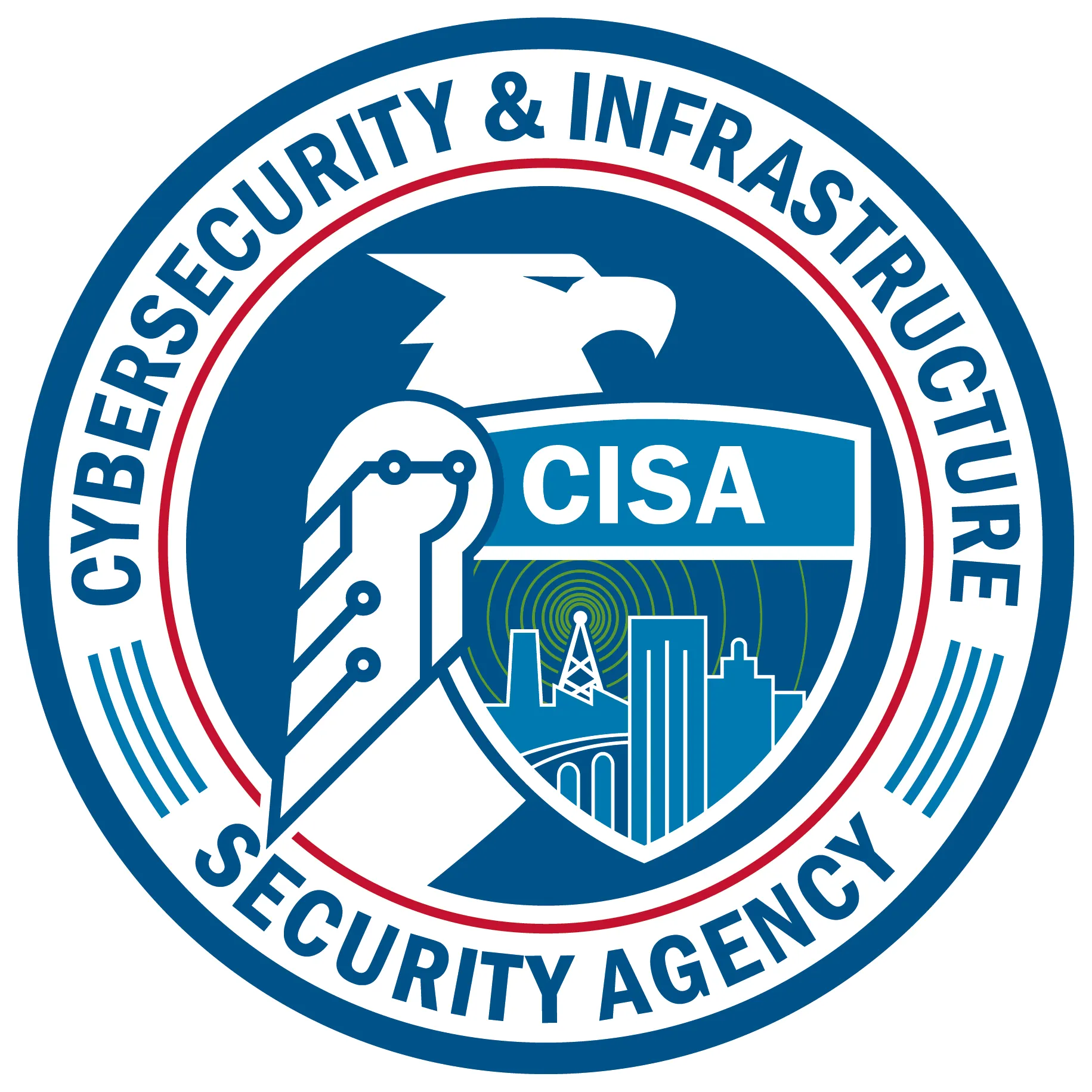
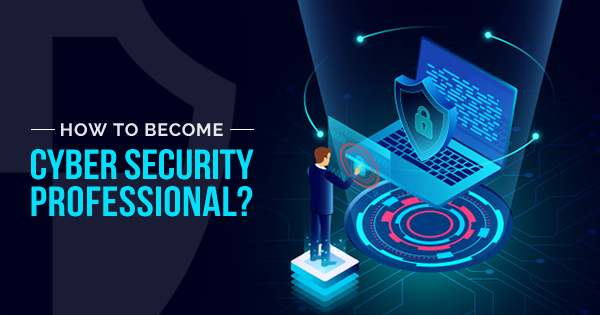
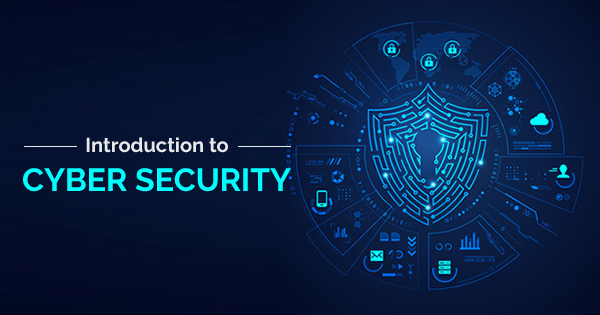
Very Useful & Detailed written. Thanks a lot. Just wanted to check with you, do u have the same comparison as of today Jan, 2020. I believe a lot has changed. If yes m can you please share it with me.